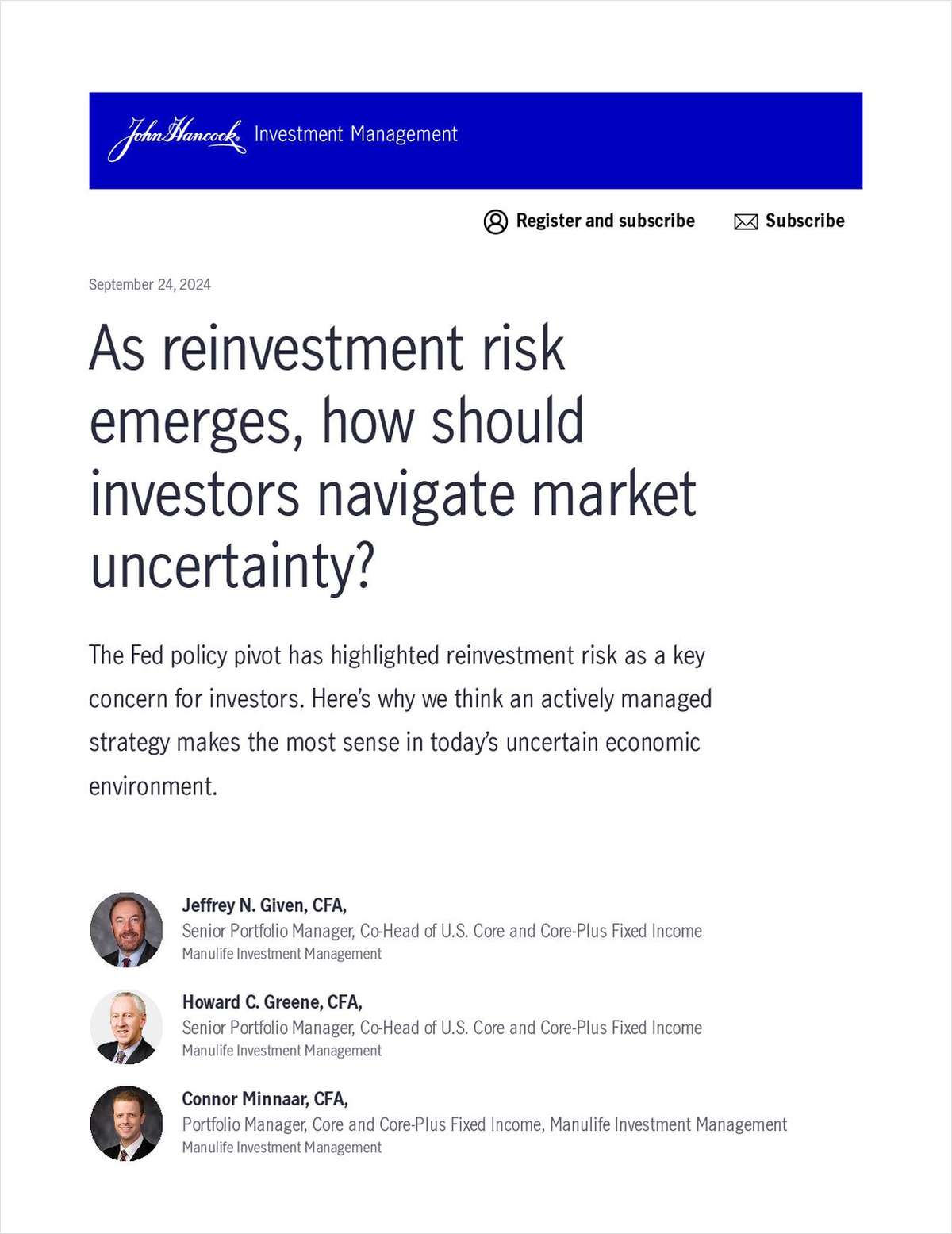Spain accepted a bailout Saturday for its financial sector, and Italy stepped up into the spotlight over concerns that it may be the next country to request aid. Greece, meanwhile, prepared for its next round of elections amid struggles to keep the power flowing during tourist season as it ran out of money.
Reuters reported Monday that despite Spain's efforts to resolve its banking crisis on its own, on Saturday the country officially requested aid to keep its banks functioning. Economy Minister Luis de Guindos said in a statement, "The Spanish government declares its intention to request European financing for the recapitalization of the Spanish banks that need it."
However, Madrid did not specify how much money it would need at the time of the request; it is awaiting the results of reports by two consultancies, Oliver Wyman and Roland Berger, to determine the final total. The reports are due some time before June 21; the eurozone had hoped to resolve the issue before Greek elections scheduled for June 17.
A sometimes heated conference call about the rescue among the 17 nations of the eurozone lasted some 2½ hours, but in the end resulted in a commitment to deliver as much as 100 billion euros ($125 billion) to support Spain's financial sector, with the understanding that the International Monetary Fund (IMF) would not be contributing funds to the effort.
Instead, the money will come from either the temporary rescue fund of the eurozone, the European Financial Stability Facility (EFSF), or the permanent European Stability Mechanism (ESM) which kicks in in July. Spain wanted IMF intervention kept to a minimum, and in the end it was determined that the IMF will, instead of contributing funds, assist in monitoring reforms in the country's banking sector.
With the predicament of Spain at least temporarily resolved, Bloomberg reported Monday that Italy moved back into the spotlight with its more than 2 trillion euros of debt—an amount that frightens investors despite the fact that otherwise, its financial condition is considerably better than that of Spain.
Italy's jobless rate, 10% in the first quarter, was less than half of Spain's 24% for the period, and its efforts to meet a commitment of bringing its budget deficit within the European Union limit of 3% of GDP are apparently succeeding—its current deficit, at 3.9%, is less than half that of Spain, and it is already running a surplus before interest payments.
But investors fear contagion. "The problem for Italy is that where Spain goes, there's always the perception that Italy could follow," Nicholas Spiro, managing director at Spiro Sovereign Strategy in London, said in the report. ''There is insufficient differentiation within the financial markets. It is clear as the light of day and has been that Spain's fundamentals are a lot direr than Italy's. That hasn't stopped Italy suffering from Spanish contagion.'' Yields have been rising on Italian bonds even as there are fewer investors willing to buy. And the danger is not just contagion for Italy, but also an increased threat to the euro. Thomas Mayer, an economic adviser to Deutsche Bank, was quoted saying, "If Italy has a problem with accessing the markets because investors lose confidence in the Italian ability to do the right thing, the ECB will be drawn into the fire. That could pose a potentially lethal threat to European monetary union."
Add to that the situation in Greece and the situation remains dire despite the Spanish rescue. Bloomberg reported Monday that the most recent polls show that Greeks still favor the party pushing for a renegotiation of the country's latest bailout. On Friday, former Prime Minister George Papandreou said that the government was just "a few weeks" away from exhausting funds.



